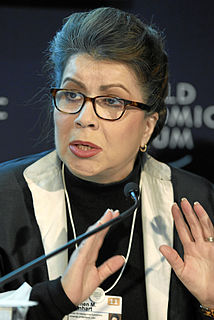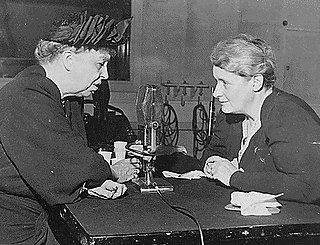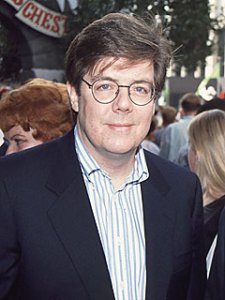A Quote by Charles Duhigg
When the vast baby-boom generation exploded into adolescence in the 1960s, marketers exulted. Advertising consultants, always eager to coin a phrase, began happily explaining to corporations the difference between 'teenyboppers' and 'counterculture consumers.'
Related Quotes
Today's consumers are eager to become loyal fans of companies that respect purposeful capitalism. They are not opposed to companies making a profit; indeed, they may even be investors in these companies - but at the core, they want more empathic, enlightened corporations that seek a balance between profit and purpose.
The 1960s was probably the first time in history that young people were recognized as a big group of consumers and as a commercial proposition for Madison Avenue. Advertising played a major role in creating the ethos of that era - the idea that, "Here it is, and you can have it now." I know that many kids thought that the ethos of the 1960s was due to their own peculiar virtues, but, in fact, it had a lot to do with the realities of the marketplace and commerce.
Mothers know the difference between a broth and a consommé. And the difference between damask and chintz. And the difference between vinyl and Naugahyde. And the difference between a house and a home. And the difference between a romantic and a stalker. And the difference between a rock and a hard place.
































